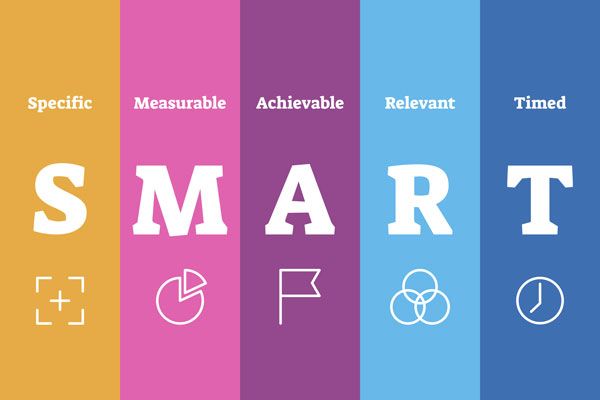Failed your New Year’s Resolution? Here’s why
Share:

As with every new year, 2022 has brought with it an onslaught of hope and motivation for self improvement. Energised by this fresh start, 1 in 7 of us have decided to set ourselves a new year’s resolution or two.
Right now, in the middle of January, we’re witness to the rare sliver of time where almost everyone is still attentively sticking with their goals. Unfortunately, this glorious time won’t last much longer.
A study of UK and Aussie residents last year found that two thirds of people give up on their resolutions before even reaching February. This depressing trend unfortunately isn’t unique to last year, as most of us know from personal experience.
Despite this, every year, millions of people still optimistically set their goals.
Why do we still set resolutions when we’re so unlikely to stick to them?

Most people have the underlying desire to change something in their lives. Whether this be learning a language, exercising more, or simply making more time for the people we care about, these goals are often hard to scrounge up the motivation for.
Although most people don’t keep to their resolutions for an entire year, even a month of sticking to a goal can teach you a lot about yourself. Learning something will always be better than learning nothing. I admire the tenacity people have to at least try something.
However, I feel that there may be a better way to approach resolutions: a possible solution to our struggle to keep up with such long term goals. It’s quite simple really.
We should set shorter goals

Recommended reading: Vegnauary? Advice from a vegan
Some people already do it, often quite successfully. Challenges like Vegnauary and Sober October, while still forcing people to improve themselves, are nowhere near as daunting as the vast course of a new year’s resolution. Rising to the occasion and watching others in your life and on social media, can really inspire a person.
Shorter goals also feel much more tangible, you can truly feel your actions making a difference even after just a few days, which is highly rewarding and motivating.
Why not take it one step further and create your own goal?
There’s no rule against creating your own monthly goals. You could set your own challenge and take it up with a friend, go solo and track your progress in a notebook, or even encourage others in your community to take up a goal with you, like starting a running group.
Taking up a goal for charity can also help some people go through with it.
While setting a monthly resolution in lieu of a yearly one does solve some problems, it still doesn’t guarantee that someone will actually go through with a goal. And while it’s physically impossible to know for certain that you’ll stick to your goals, there are steps you can take to make your aims much easier to achieve.
Introducing SMARTER goals

S.M.A.R.T. goal-setting is a term coined in the seventeenth volume of a management review by a consultant named George Doran in 1981. Despite this very mundane origin, the acronym has exploded in popular usage since its genesis. So, roughly what does the acronym stand for, and how can you use it?
Specific

You should figure out exactly what you want to achieve from this goal, so that you can take meaningful actions to achieve the results you’re looking for.
If other people are involved, you should also make sure you thoroughly hash out details, keeping a record of these on your phone or in a notebook can also help keep you (and your friend/s) accountable.
Measurable

On the topic of accountability, your goal should have some sort of timeline, so that you always know what you should be doing to make progress. Noting down what you achieve every day or week could also prove helpful to keep you on track.
Achievable

Is this goal feasible? Can you get the results you’re looking for with the resources you currently have, or could easily get, and do you have the time and energy to devote to this? Conversely, you should also make sure you stretch yourself far enough for this goal to be worth your time.
Relevant

You should figure out why you want to do this. The answer doesn’t need to be an essay, it can be as simple as thinking it’ll be fun.
Timed

Set a hard deadline. And if your goal is fairly ambitious, break it down into smaller chunks, each with their own spot on a timeline. Also, making sure that you actually have enough time to accomplish what you’re setting out to achieve is crucial.
Evaluate
Check in with your goals every now and then. You could use a notebook or the notes app to physically see your progress, however with shorter goals, you can get away with reflecting internally on improvements.
Readjust

If, after evaluating, you feel dissatisfied with what you’re doing, take a step back and alter your plan. This also works well for goals you intend to repeat. It’s very unlikely that your planning is going to be perfect the first time, so don’t feel afraid to modify it.
Whether you decide to tackle a new year’s resolution, or a shorter goal – or even a combination of both, hopefully a S.M.A.R.T.E.R outlook will help with your pursuits. Happy goal-setting!

